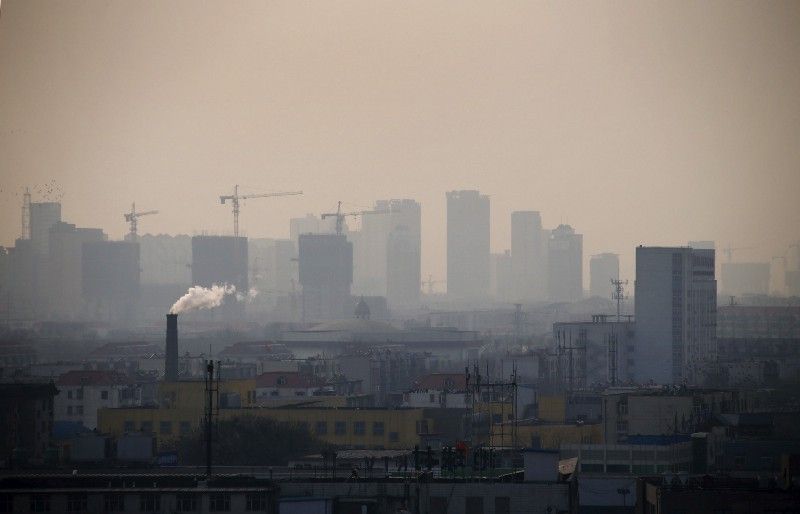March 06, 2018
Reviving the steel and coal industries is central to US President Donald Trump’s pledge to “Make America Great Again.” But the decline of industrial heartlands is also a political challenge for the country that Trump blames most for the anguish of America’s Rust Belt.
Dongbei, a region comprising three provinces in northeastern China, was once the country’s industrial powerhouse. Its massive steel and manufacturing plants, built in part by Japanese occupiers in the years before World War Two, were the engine of the Maoist economy for decades.
But over the past 30 years, the region, home to more than 100 million people, has hit the skids. The export-oriented economic reforms of the 1980s shifted the government’s attention from Dongbei’s largely landlocked heavy industries to lighter manufacturing centers along the Chinese coast.
As a result, Dongbei’s contribution to GDP has fallen by half, to about 7 percent, since 1980, and there isn’t much relief in sight. Beijing’s massive new Belt and Road Initiative focuses primarily on transit corridors across the country’s Western provinces. And Dongbei’s neighbors — impoverished North Korea and the sparsely populated reaches of the Russian Far East and Mongolia — offer little economic prospect on their own.
Unlike Trump, who seeks to revive struggling private sector heavy industries, Chinese President Xi Jinping aims to move the economy away from state-owned heavy industry and towards state-backed high value manufacturing and tech.
But President Xi has his own Rust Belt challenge then: how to pull off that economic transition without upending economic and social stability in the historic, and symbolic, industrial heartland of China.
More For You
- YouTube
Gotta maximize sleigh-holder value. #PUPPETREGIME
Most Popular
- YouTube
On Ask Ian, Ian Bremmer breaks down the steady escalation of US pressure on Venezuela and why direct military action is now a real possibility.
US President Donald Trump arrives to announce reciprocal tariffs against US trading partners in the Rose Garden of the White House in Washington, DC, USA, on April 2, 2025.
POOL via CNP/INSTARimages.com
From civil conflicts to trade wars to the rise of new technologies, GZERO runs through the stories that have shaped this year in geopolitics.
Ukrainian serviceman walks near apartment buildings damaged by Russian military strike, amid Russia's attack on Ukraine, in the frontline town of Kostiantynivka in Donetsk region, Ukraine December 20, 2025.
Oleg Petrasiuk/Press Service of the 24th King Danylo Separate Mechanized Brigade of the Ukrainian Armed Forces/Handout via REUTERS
Ukrainian intelligence services assassinated a senior Russian general on the streets of Moscow on Monday, detonating a bomb strapped to his car.
© 2025 GZERO Media. All Rights Reserved | A Eurasia Group media company.
